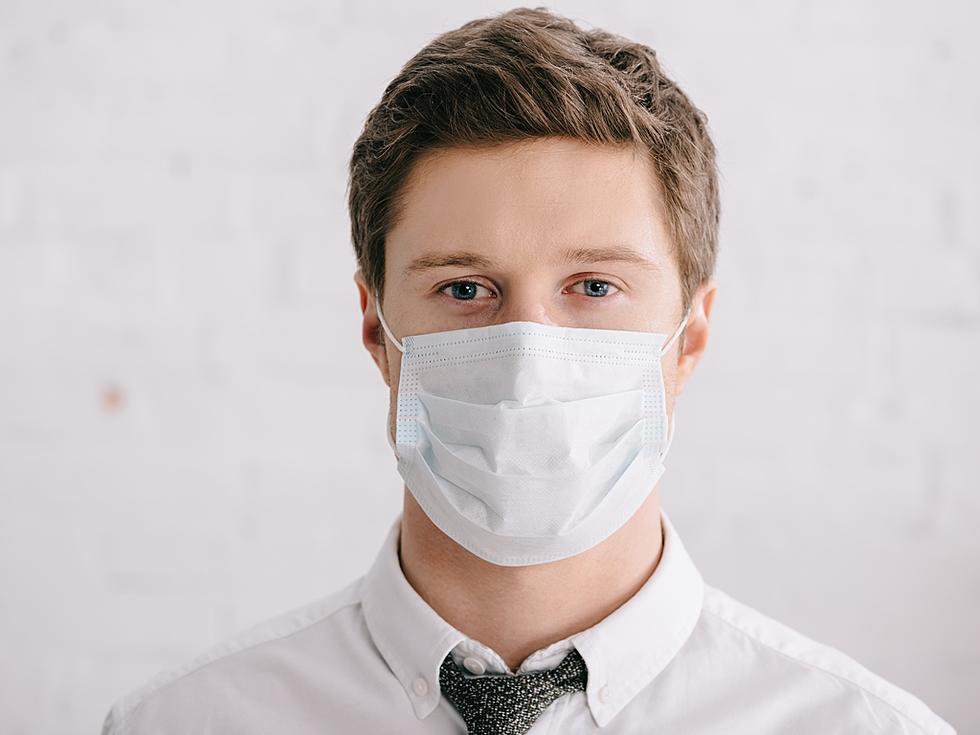
Raising Chickens? Salmonella Linked to Increase in Live Poultry
For those who love to raise live chickens, the Montana Department of Health and Human Services and the Department of Livestock are warning that cases of salmonella linked to live poultry are increasing.
State Epidemiologist Rachel Hinnenkamp says many Montanans love to raise their own poultry, or raise them for a 4-H project.
“Yes, we sure do have quite a lot of poultry, and I think since the pandemic started in Montana and across the US, more people have gotten interested in at home activities that include live poultry,” said Hinnenkamp. “We know that this is something Montanans have liked to do for a while and I think a lot more people got interested in it this year as well, so people are raising little baby chicks and ducks and turkeys in their backyard.”
Hinnenkamp said the DPHHS is sending out this notice in the spring for a good reason.
“A lot of people get new animals every spring because it's cute to have the little babies around,” she said. “We think that's an awesome thing for a family to do and it’s a great learning opportunity for children. But we do want people to know that there are some health risks that can be avoided if you take the right steps to keep yourself and your family safe.”
Hinnenkamp says when it comes to raising poultry, make a habit of washing your hands often.
“To avoid the risk of illnesses, including Salmonella Campylobacter, it's really important to do some good hand washing,” she said. “So every time you interact with your live poultry or your backyard chickens, make sure that you are washing your hands with soap and water afterwards, and that you're supervising small children around these animals and making sure that they wash their hands with soap and water as well.”
People love their pets, but kissing a chicken can be medically hazardous.
“Don't kiss or hug your birds as cute as they are,” she said. “A lot of times your animals can look healthy and they can act healthy, however they can have salmonella and other bacteria in their feathers that can make you sick. So the closer you are to them if you're snuggling with them or kissing them or hugging them, you know you can introduce the bacteria to yourself, to your face, or to your clothing.”
Hinnenkamp said children under five and people with weakened immune systems, such as pregnant women, the elderly, and those with chronic disease, are at the highest risk for infection and should avoid handling live poultry.
The 100 Best Places to Live in the Midwest
More From 94.9 KYSS FM









